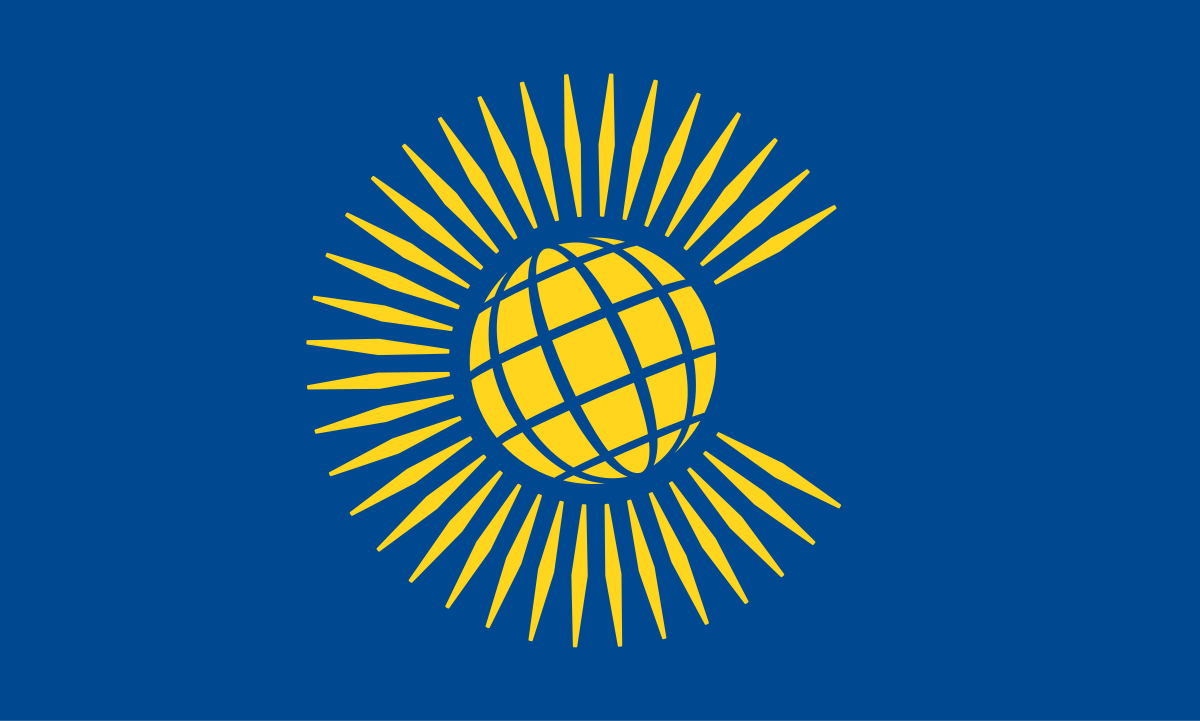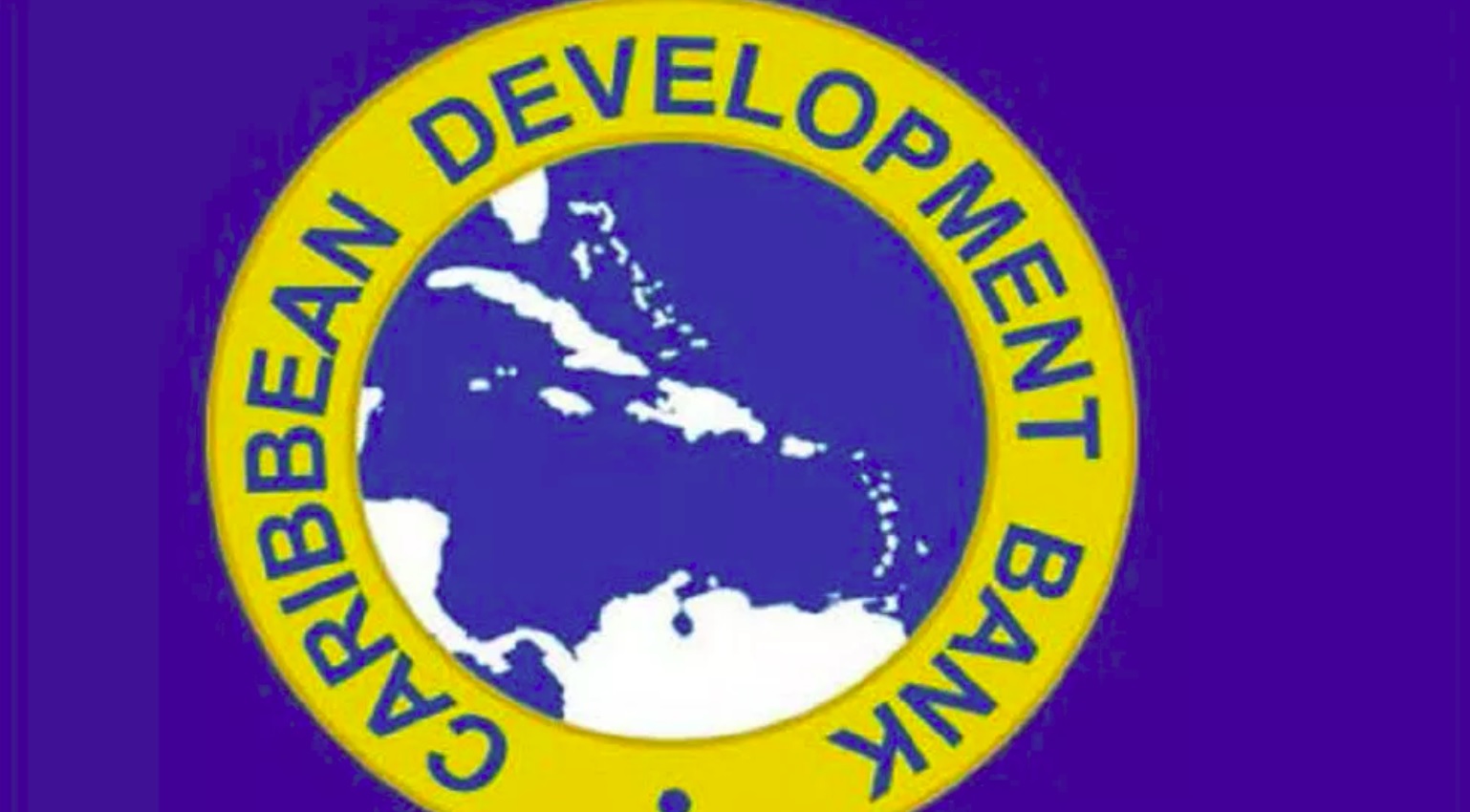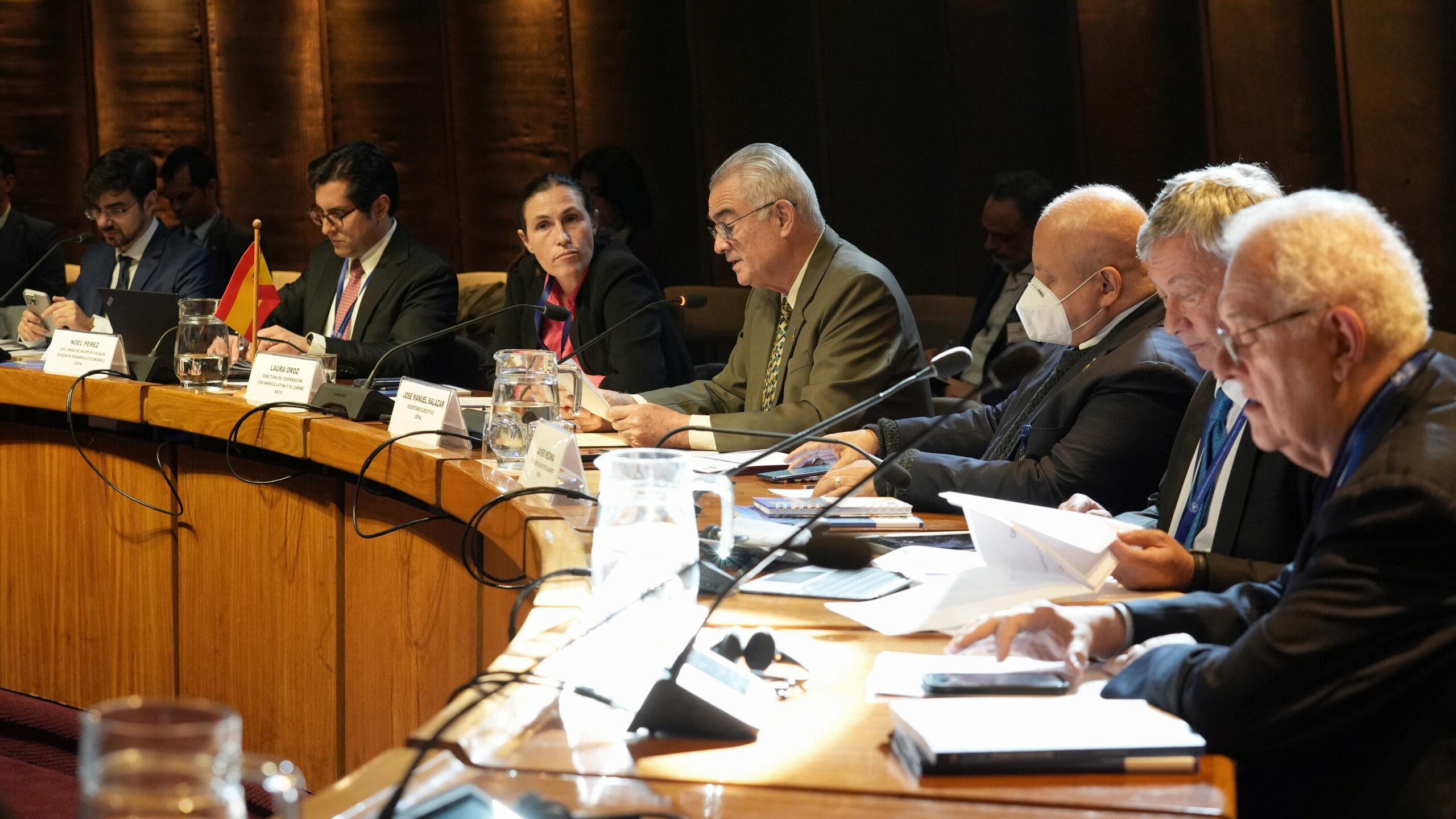The Commonwealth Secretariat and Cambridge University’s Centre for Resilience and Sustainable Development (CRSD) hosted a collaborative workshop for climate finance experts earlier this month to examine new tools designed to improve climate finance attractiveness for Commonwealth Small Island Developing States (SIDS).
It marked the launch of phase three of the joint Their Future, Our Action project, a two-year collaboration between the Commonwealth Secretariat and CRSD that focuses on enabling small states to attract sustainable finance opportunities for young people and biodiversity, two essential components of achieving sustainable development.
A key challenge to creating sustainable and investable projects in developing markets is the collection and analysis of appropriate data to support investment. To address this gap, the Their Future, Our Action team has developed two new data tools – the ‘Political Economic Resilience Index (PERI)’ and ‘The Cambridge-Commonwealth Sustainable Investment Marker (CSIM)’.
Ahead of the workshop, Commonwealth Secretary-General, the Rt Hon Patricia Scotland KC said:
Speaking about the development of the new tools, Dr Nazia Mintz Habib FRSA, Founder of CRSD said: “We deployed over twelve systems thinking methodologies to identify actionable outcomes that the Commonwealth Secretariat can realistically offer the governments of Small Island Developing States to attract sustainable finance. At the same time, evidence-based outcomes namely the Political-Economic Resilience Index improves investors’ confidence by de-risking the deal-making process. This collaboration with the Commonwealth is a game-changer engagement for us and the event today is part of the rigorous process we are taking to validate our data. We are overcoming the disciplinary limitations, institutional conservatism, and traditional understanding of investment processes and diversifying who can leverage existing mechanisms to attract investors to SIDS.”
The Commonwealth covers 56 diverse member countries from five geographical regions, including 33 small states, 25 of which are Small Island Developing States. Discussions this year at COP27 reiterated the growing demand for sustainable and resilient investment opportunities globally, with a shortfall in suitable projects. This disconnect between global demand for investable opportunities, and the need for SIDS to attract greater sources of finance, highlights the urgent need for an innovative system of funding that addresses the specific challenges faced by SIDS.
Thus far, the Their Future, Our Action collaboration has engaged with over 400 young people from SIDS, global and national experts, and national policymakers from across the Commonwealth, multilateral agencies, regional development banks and civil societies.
The work of the ‘Their Future our Action’ project expands on the long history of Commonwealth Secretariat support to members countries on access to finance and sovereign debt management issues through initiatives such as the Commonwealth Climate Finance Access Hub, the Commonwealth Meridian Program and the Commonwealth Finance Ministers’ and Central Bank Governor’s Meetings.
The Cambridge-Commonwealth Sustainable Investment Marker (CSIM) is a new opportunity to support and coordinate financing mechanisms between Commonwealth member states. Their Future, Our Action has already piloted this model and garnered over USD 10 million for investments in preventive digital health across the Caribbean, and 10,000 training places through Simplilearn which will lead to new opportunities for young people across the region as well as improved health outcomes.




